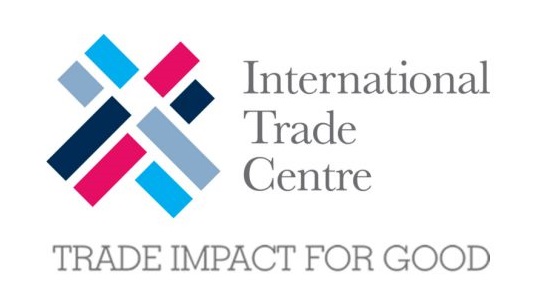Certificate of Origin: the origin of the merchandise
Certificate of Origin: the origin of the merchandise
Certificate of Origin is a document to be provided by the exporter with the specific entities, which proves the origin of the merchandise and allows both parties an exemption or reduction of taxes resulting from international agreements.
Certificate of Origin
Required by some countries. A signed statement as to the origin of the export item.
Certificates of origin are usually validated by a semiofficial organization, such as a local chamber of commerce.
A certificate may be required even if the commercial invoice contains the same information.
Ordinary certificates of origin could be used in any kind of international trade transaction. It simply states the origin of the goods, but does not give any benefits to the importers in terms of import custom duties.
Once an ordinary certificate of origin presented to the customs, importers will pay tariff rates as applicable to Normal Trade Relations (NTR) or Most Favoured Nation (MFN).
Ordinary certificates of origin should be completed by the exporter and certified by one of the local chambers of commerce.
In some cases certificates of origins should be legalized by the importing country’s embassy/consulate in accordance with the letter of credit terms and conditions or import requirements.
GSP Certificate of Origin Form A
Form A is a special type of certificate of origin. It does not only states the origin of goods, but also allows importers to be benefited from reduced tariff rates during importation.
Once a Form A certificate of origin presented to the customs, importers will pay preferential tariff rates as applicable to under the Generalized System of Preferences.
As Form A is a special type of certificate of origin, it should be issued in limited situations, where Generalized System of Preferences applies.
Form A certificates of origin should be completed by the exporter and certified by one of the local chambers of commerce or another authorized institution.
In very rare situations Form A certificates of origins should be legalized by the importing country’s embassy/consulate in accordance with the letter of credit terms and conditions or import requirements.
NAFTA Certificate of Origin
Required for products traded among the signatory countries of the North American Free Trade Agreement (Canada, Mexico, and the United States) if the goods are NAFTA qualified and the importer is claiming zero-duty preference under NAFTA.
The Intradebook platform for doing international business, developed in several languages, has features for issuing documents such as Proforma Invoice, Commercial Invoice and Packing List, and also helps to check various documents such as Letter of Credit, Certificates of Origin, Invoices, Bill of Lading and AirWaybill and others.
Based on “A basic guide to exporting”, U. S. Commercial Service.







